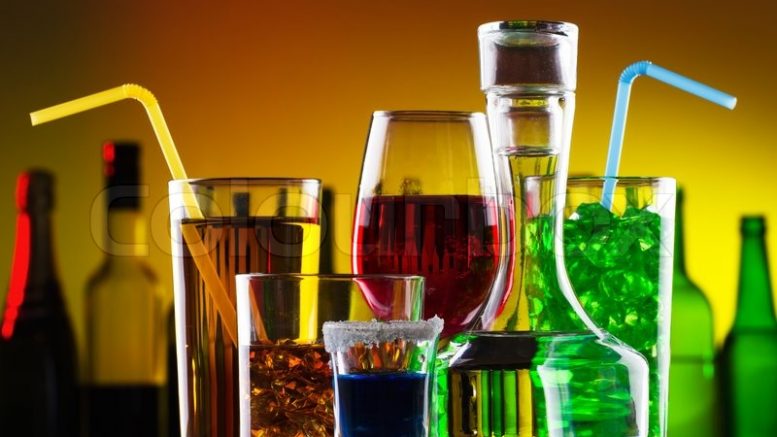Drinkers may want to think twice before choosing their alcoholic beverage as each type can affect their mood differently according to research.
Want to feel sexy? Then gin is the right way to go! The researchers from Public Health Wales and King’s College London found that gin and other spirit types are often associated with feeling sexier, with 4 in 10 of people saying drinking spirits made them feel this way. The study also found that 25 percent of red wine drinkers report feeling frisky after a couple of glasses. Yet, the drink also appears to make three out of five consumers (60 percent) feel exhausted. Beer proved to be the least sexy drink (bloat, anyone?) with just 19 percent of survey-takers reporting such an effect.
Meanwhile, a major study, published in the journal BMJ Open, found out that different types of alcohol evoke varied emotional responses among different people. For instance, the research also implies that bad-mannered drunken behavior is a result of the type of alcohol the person has consumed. After looking through anonymous responses to the world’s largest online survey on illegal drug and alcohol consumption among adults, researchers found that drinking liquors such as vodka, gin or rum seem to be linked more to aggression than other types of drinks. In total 30 percent of spirit drinkers report feeling aggressive after consuming alcohol. This compared to only seven percent of beer and two point five percent of white or red wine drinkers reporting feelings of aggression.
Hard alcohol is considered to bring out the emotional side of drinkers when compared to red and white wine, and beer consumption, according to data from the Global Drug Survey, available in 11 languages. Red wine drinkers reported the highest levels of exhaustion, as reported from international data from almost 300,00 people from 21 different countries. Red wine and beer also seem to make drinkers feel more relaxed, with around 50 percent of consumers experience this emotion, according to a poll among 18- 34-year-olds, who have consumed red wine and beer over the past year.
On the other hand, spirits appear to make drinkers feel more energised compared to other spirits, with over half of them reporting energy boosts. Over half of the spirit drinkers reported feeling confidence boosts compared to less than half of the beer lovers and just over a quarter of people who opt for wine. Yet, commonly too much exultation can result in aggression, especially when under the influence and it might not be the better option.
“There is plenty of promotional material through advertising, aiming to promote the positive emotions people expect when drinking,” says study co-author Alisha Davies, head of research and development at Public Health Wales. “But we thought it was also important to better understand the negative ones as well. If we are to help people make informed decisions about their drinking, they need to know the full picture of how alcohol affects moods and emotions.”
But what does this all mean, and why should we care?
Firstly, no one is certain of why the study subjects experienced these results. With nothing but a filled-out questionnaire, scientists can only hypothesise. It is possible that people are responding to different, non-alcoholic elements that go into these liquids (like the melatonin in red wine, for example) or even to substances in them we tend to mix those beverages with. Different people usually get drunk in different ways. I Whether you drink wine with dinner or sitting on the couch with a pint of ice-cream, then, of course, you associate it with relaxation and sleepiness. Consuming hard alcohol during a wild night out around town, mixed in with caffeine to keep revelers awake, is predicted to have a more energising, aggression-inducing response than a pint of beer. Without more data and proof, it remains inconclusive why some spirits make us feel a certain way.
Have you noticed a change in your mood depending on the type of alcoholic beverage you drink?
Words: Alexandra Baneva| Subbing: Asya Gadzheva

